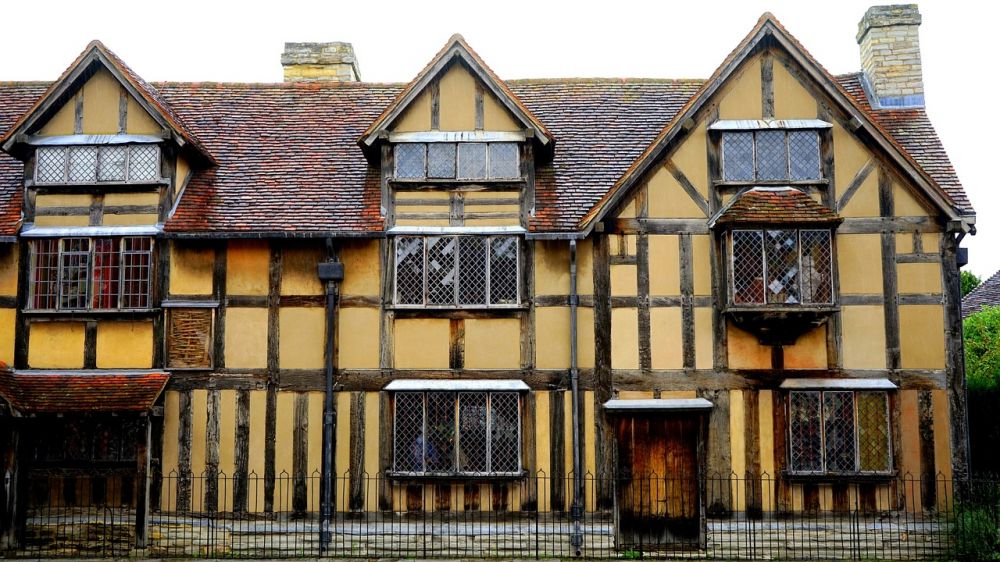Oscar Wilde A Flamboyant Literary Genius Ahead of His Time

Introduction:
In the realm of literature, few figures have achieved the legendary status of Oscar Wilde. Renowned for his wit, flamboyant personality, and sparkling plays, Wilde left an indelible mark on the cultural landscape of the late 19th century. This article delves into the life, works, and historical evolution of Oscar Wilde, providing essential insights for those interested in this enigmatic figure.
I. A Prismatic Personality:

Oscar Wilde, born on October 16, 1854, in Dublin, Ireland, was a multifaceted individual. Known for his charm and larger-than-life persona, Wilde possessed an unwavering belief in aestheticism the idea that art is essential to life. His radiant style, flair for fashion, and satirical humor enthralled both high society and the masses alike. Wilde’s magnetic allure embodies the spirit of the late Victorian era, where he effortlessly moved within literary, social, and artistic circles.
1. Early Life and Education:
Wilde grew up in a privileged family, with his father, William Wilde, being a renowned eye and ear surgeon. Oscar’s early exposure to intellectual pursuits cultivated an early interest in literature, which continued during his education at Trinity College, Dublin, and later at Magdalen College, Oxford. Wilde’s education imbued him with a deep appreciation for classical literature, an influence reflected in his later works.
2. Literary Genius Unveiled:
Wilde’s literary prowess flourished in the 1880s when he embarked on his career as a writer and playwright. He gained widespread recognition for his razor-sharp wit, acute social observations, and masterful wordplay. Works like “The Picture of Dorian Gray,” a novel exploring the degeneracy of aestheticism, and “The Importance of Being Earnest,” a farcical comedy satirizing Victorian society, remain timeless classics today.
II. Historical Evolution of Oscar Wilde:
Wilde’s journey through the annals of history is a fascinating one, marked by triumphs, controversies, and tragic downfall. Understanding the historical context in which Wilde’s life unfolded provides valuable insights into his work and legacy.
1. Rise to Fame:
As Wilde’s reputation as a dazzling playwright grew, so did his notoriety. His plays, characterized by wit, satire, and social commentary, captivated audiences and established him as a leading figure of the Aesthetic Movement. Wilde’s works became synonymous with the decadent spirit of the fin de siècle, defying conventional norms and challenging societal constraints.
2. Scandal and Downfall:
However, Wilde’s meteoric rise came to an abrupt halt due to a series of personal and legal calamities. His affair with Lord Alfred Douglas, the son of the Marquess of Queensberry, led to a highly publicized trial in 1895. Wilde was convicted of gross indecency and sentenced to two years of hard labor. This trial marked a turning point in the perception of homosexuality, as society began to question the rigidity of Victorian sexual morals.
III. Oscar Wilde’s Enduring Legacy:
Wilde’s impact on literature and culture extends well beyond his scandalous personal life. His wit, social commentaries, and exploration of aestheticism continue to resonate with audiences today, cementing his position as a literary icon.
1. Influence on Modern Literature:
Wilde’s distinctive writing style, characterized by epigrams and paradoxes, has left an indelible mark on modern literature. Authors such as F. Scott Fitzgerald, Dorothy Parker, and Tom Stoppard draw inspiration from Wilde’s sharp wit, infusing their works with his brand of humor and social critique.
2. Embracing Individuality and Challenging Social Norms:
Wilde’s fearless embrace of individuality and his quest to break free from societal constraints continue to inspire generations. His writings encourage self-expression, artistic pursuit, and the recognition of beauty in all aspects of life. Wilde’s call for acceptance and celebration of diversity serves as a rallying cry for individuals seeking liberation from societal expectations.
Conclusion:
Oscar Wilde’s literary prowess, flamboyant personality, and turbulent life make him an enduring figure in the annals of literary history. His contributions to literature, social commentary, and the acceptance of individuality continue to captivate audiences and inspire artists across generations. As we delve into Wilde’s life and works, we unravel the complexities of this iconic figure and gain a deeper appreciation for his enduring legacy.











